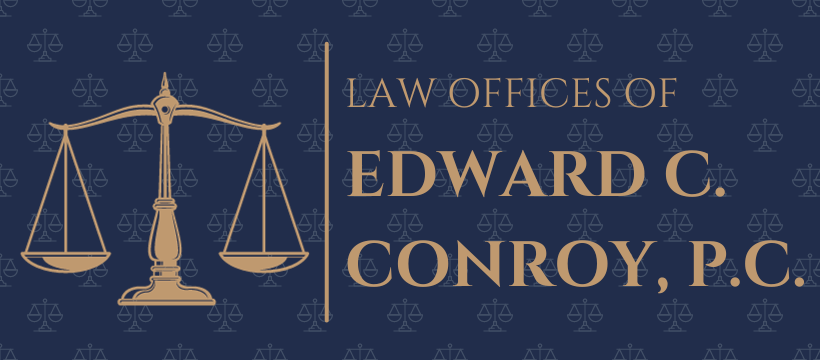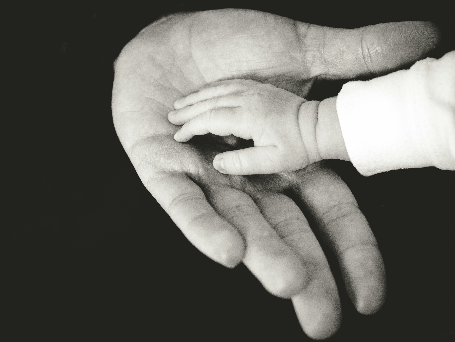How to prepare your children for a life without parents
As young parents, it’s truly one of your worst nightmares: Both you and your partner die and leave your children orphaned.
For many, the thought is so painful that they can’t begin to tackle the task of drawing up a will and choosing who would look after their children, both physically and financially in the event of both their deaths.
But it has become harder to ignore in light of tragedies such as 9-11, when many children lost both parents who, unfortunately, may not all have made adequate preparations.
Few young adults have a will or any estate planning document, but they may be more aware of the need, said Robert Hamilton, partner at Wildman, Harrold, Allen and Dixon in Chicago. “Sept. 11 caused a lot of people to look into these situations.”
Slim as the chances may be, parents not having some say in their child’s future physical and financial welfare isn’t worth the gamble, say experts.
Hard choices
Selecting a guardian can be the biggest stumbling block, but scarier still is no provision at all. “With the nomination in the will, the judge will almost always follow it. Who knows what will happen if there’s no request made in the will,” said Ronald Aucutt, partner at McGuireWoods.
“It’s sometimes a very tough decision,” said Hamilton. “Couples are all over the place on this issue. Sometimes you have a difference of opinion in the families as to which side they want to name. Maybe the husband doesn’t like the wife’s sister or vice versa.”
A sibling is a top guardian choice, but many couples fail to consider that person could end up divorced, leaving their children to be raised in a broken home. Grandparents are also top choices, but some couples mistakenly assume they’ll be able to care for young children or even want to forfeit a well-deserved retirement. For these reasons and others, lawyers say a backup guardian is a good idea.
It’s also worth narrowing your choices down to one individual, be it sibling, parent or friend, which removes the difficulties of choosing a couple. “It’s unlikely you’ll be happy about any decision, but you don’t want anyone making the best of a bad situation to start with,” said Mary Reynolds, legal editor at Nolo, publisher of self-help law books and software.
And while it’s important to ask if a potential guardian is willing, parents should be prepared for tense situations, such as if one sister is picked over another, or if a will changes down the road and guardianship is altered.
Among other considerations: What beliefs do you want your children to be raised under? Would it be a problem if your child had to relocate? How important is it that the child stays in contact with maternal and paternal sides of the family? How well do they know the child?
“You’re generally looking for someone who has good moral character, rock solid, will do the right thing. If your emphasis is on education, pick someone who believes in the value of education, and encourage your children to go to college. Don’t necessarily name a guardian who will raise the kids in rural Wyoming.”
Trust in a trustee
Aside from the physical, parents must also decide who will look after the finances of their children, whether or not they have major assets. Within a will, you can arrange for any assets to be set up in a trust and distributed when the child or children is old enough to handle the responsibility.
“Most young couples raising families, unless they come from wealth, don’t have a lot of cash, but they forget they may have life insurance or equity in a home or some sort of retirement savings and their net worth is a lot higher than they think it is, should they die,” said Hamilton.
But your well-meaning brother who can provide a loving home for your kids may not be so financially savvy, he said. “There is an inherent conflict of interest in naming the same person as guardian and trustee. In an ideal world, those people are different because there’s a built-in check and balance, because the trustee is not going to spend money that he thinks isn’t being applied for the beneficiary and the guardian will be watching the trustee like a hawk.”
However, Reynolds said unless there’s a reason to separate the roles, such as demonstrably poor ability, sometimes having the person act as physical and financial guardian can be more convenient.
She said parents could take advantage of the Uniform Transfers to Minors Act, which has been enacted in almost every state, as a cheaper alternative to a trust. Under this act, they designate a custodian who gets power over the child’s finances, and banks, insurance companies and financial institutions until the child reaches a certain age. It can be as simple as stating in your will “I leave $20,000 to Joe Smith, as custodian for Mary Smith under the Illinois Uniform Transfers to Minors Act.”
“They don’t have to tailor a document such as in a trust. Banks and insurance companies and financial institutions are familiar with it. It’s less expensive than setting up a trust,” she said.
At the end of the day, whoever ends up looking after your child’s finances should have a few important qualities: “You really want to name someone who is honest, has some financial sophistication, is not afraid of numbers and understands the basics of the marketplace. If they can’t do the investing themselves, they should have the good sense to engage the services of professional advisor who will advise them as to what to invest in,” said Hamilton.

